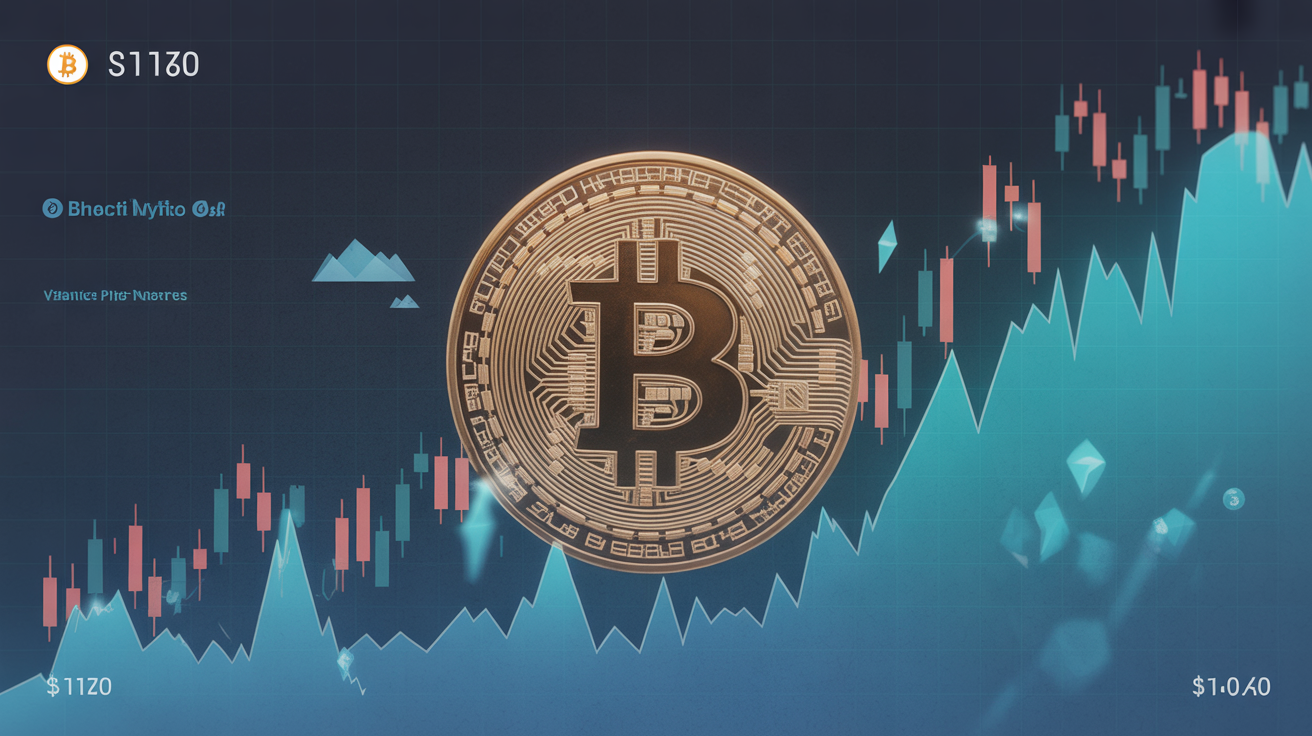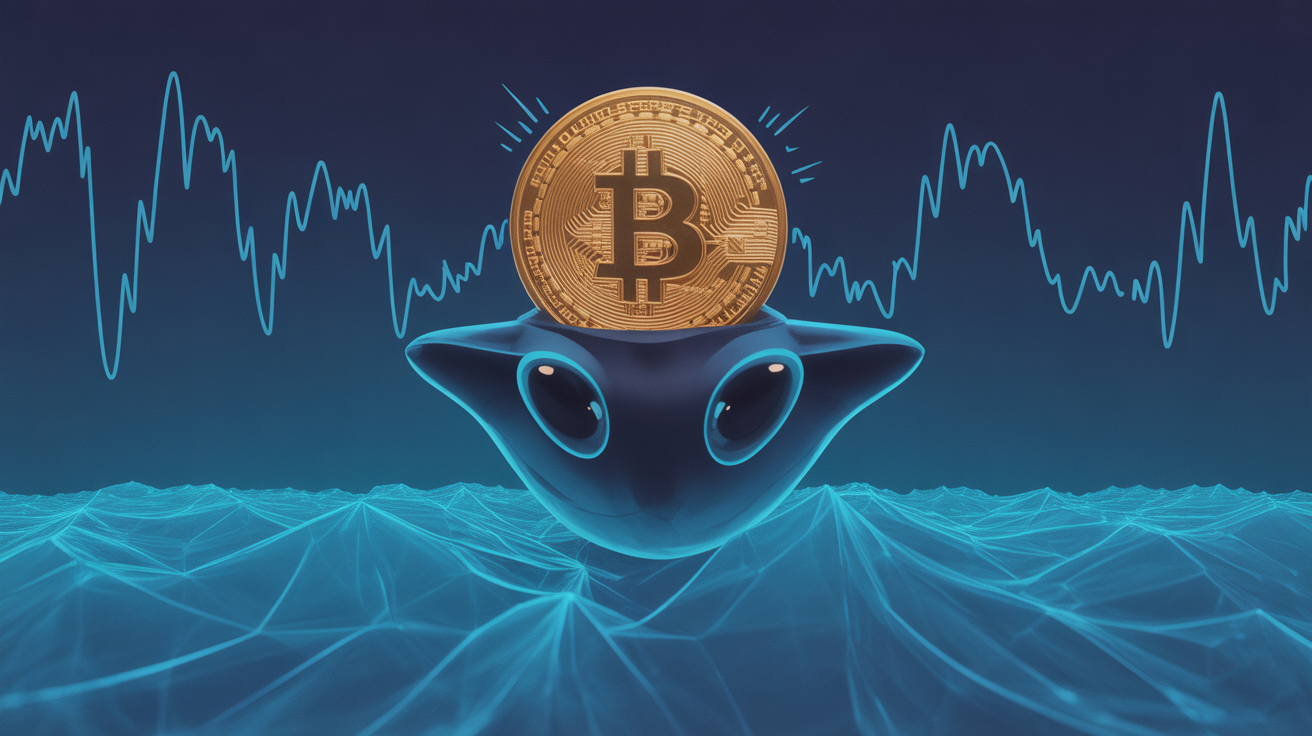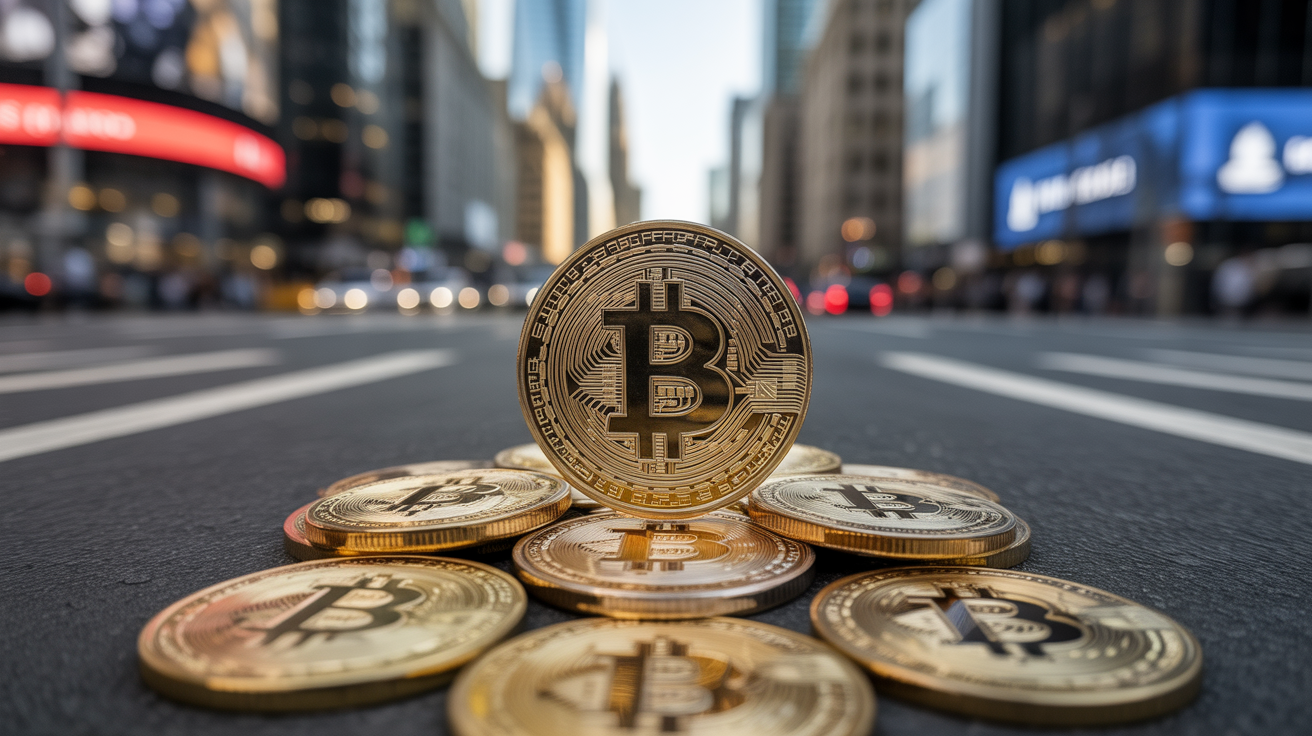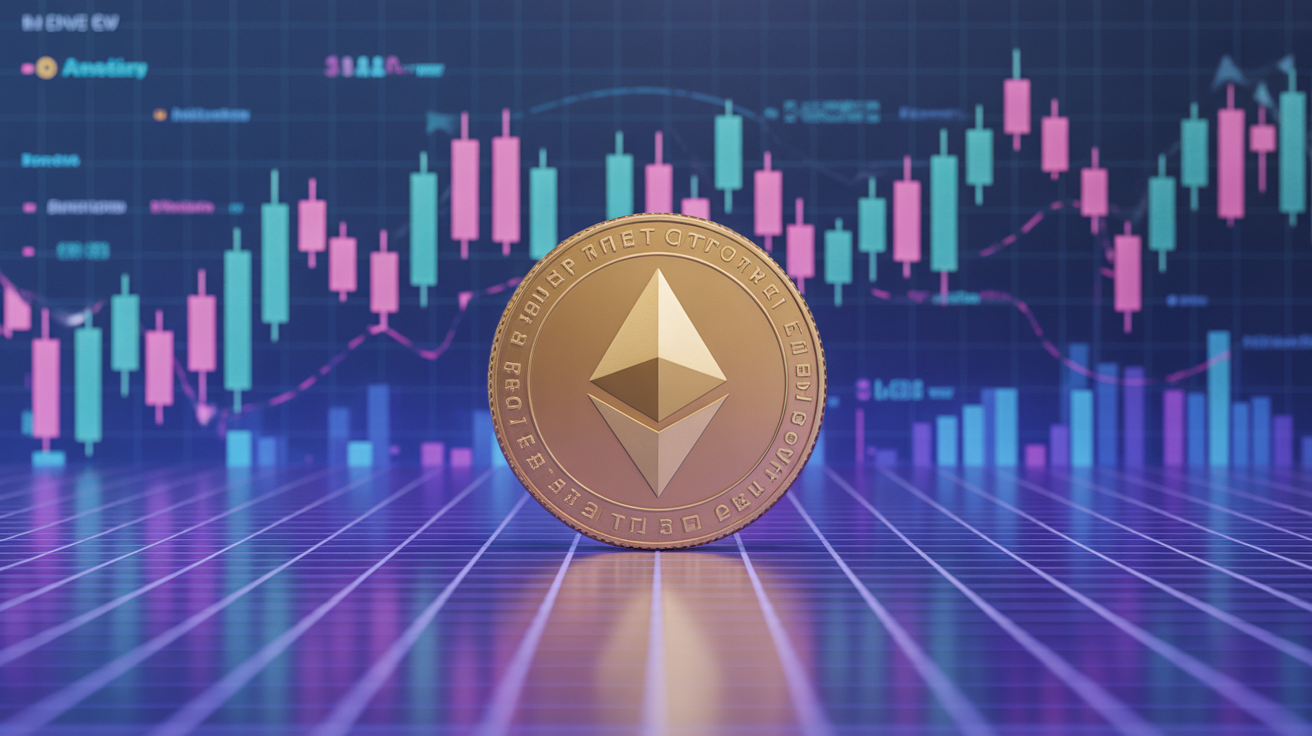
U.S. Inflation Outpaces Expectations in January, Driving Down Markets and Bitcoin Below $95K
U.S. inflation unexpectedly accelerated in January, leading to significant declines in both traditional and crypto markets.
The Consumer Price Index (CPI) rose by 0.5% in January, much higher than the expected 0.3% increase and December’s 0.4% rise. On a year-over-year basis, CPI climbed 3.0%, slightly above the forecasted 2.9% and the 2.9% from December.
The core CPI, which excludes volatile food and energy prices, also exceeded expectations, rising 0.4% in January compared to the forecasted 0.3% and December’s 0.2% increase. Year-over-year, core CPI was up 3.3%, surpassing the anticipated 3.1% and the 3.2% recorded in December.
Bitcoin (BTC), already in a downward trend this week, tumbled following the inflation report, dropping below the $95,000 mark. The CoinDesk 20 Index, which tracks the top 20 cryptocurrencies, also fell 2.9% over the last 24 hours.
In the wake of the data, U.S. stock futures declined by around 1%, the 10-year Treasury yield rose by 10 basis points to 4.63%, and gold saw a dip of more than 1%. The dollar index, on the other hand, climbed 0.5%.
After briefly breaking above $100,000 following Donald Trump’s election victory in November, Bitcoin has been trading in a range between $90,000 and $109,000 for more than two months. Factors such as AI concerns in China, fears of trade wars, and expectations of higher interest rates due to inflation and a robust economy have kept Bitcoin’s price in check.
During testimony before Congress yesterday, Federal Reserve Chairman Jay Powell stated that further rate cuts are unlikely in the near future unless there is a significant shift in either inflation or economic conditions.
With today’s inflation report reinforcing a high-inflation environment, markets may begin to anticipate potential interest rate hikes in 2025, which could send Bitcoin back toward testing the $90,000 range.






